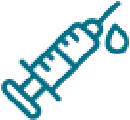Follow Us:
Open Hours
Tues - Fri 8:30 AM to 5:00 PM
Welcome to Interventional Orthopedics of Washington
Advanced Regenerative
Orthopedic Medicine &
Functional Wellness
Have questions before scheduling your consultation?
Book a Free Discovery Call
About Us
Meet the Team
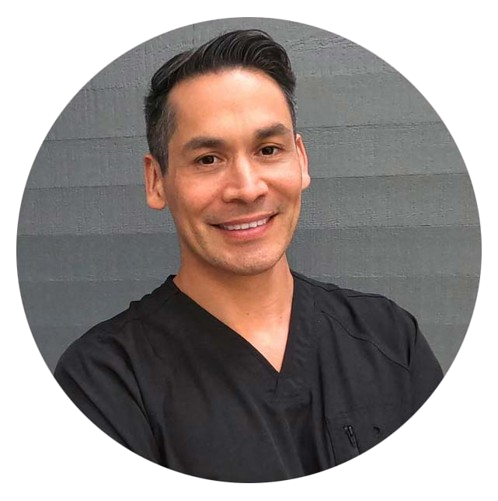
Otoño Silva, MD
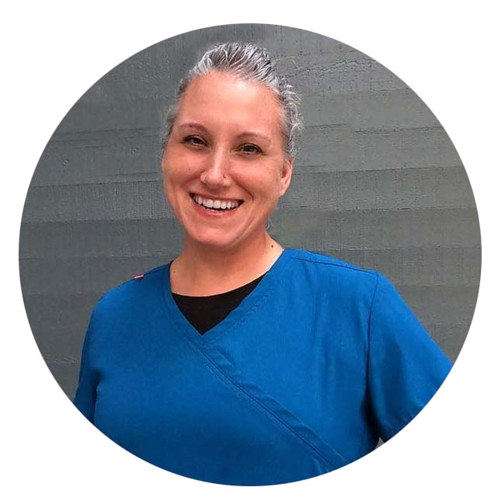
Stephanie
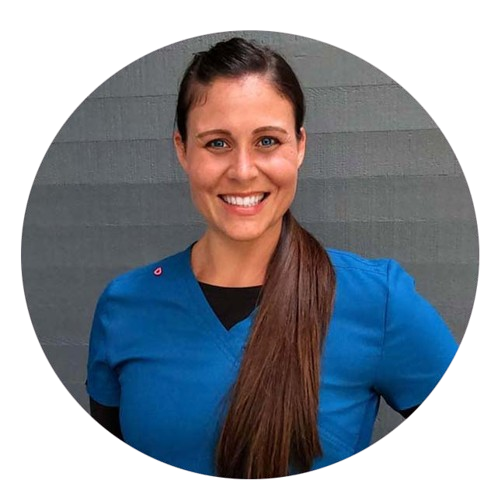
Emily
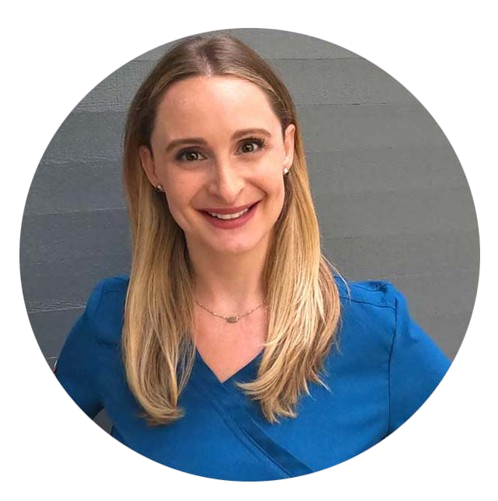
Jenna
Read Our Reviews
What Our Patients Are Saying
Send Us an Email
Contact Us
Tues – Fri
We’re Open: 8:30am to 5pm
Weekends
We’re closed: Sat, Sun, Mon
*We are located directly across from Seattle Children’s Hospital – Bellevue. Pull into the driveway at the “Bellegrove Professional Park” building and park at any of the free parking spots for our building. Our office is located on the second floor. Stairs and elevator access are both available.
I agree to terms & conditions provided by the company. By providing my phone number, I agree to receive text messages from the business.
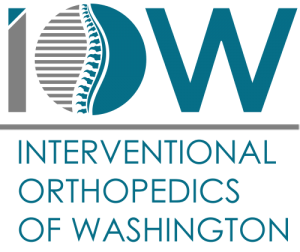
1515 116th Ave NE, Suite 202,
Bellevue, WA 98004
Otoño Silva, MD
Fax: 425-326-1667
Hours
Open:
Tues – Fri 8:30am to 5pm
Closed:
Sat, Sun, Mon

